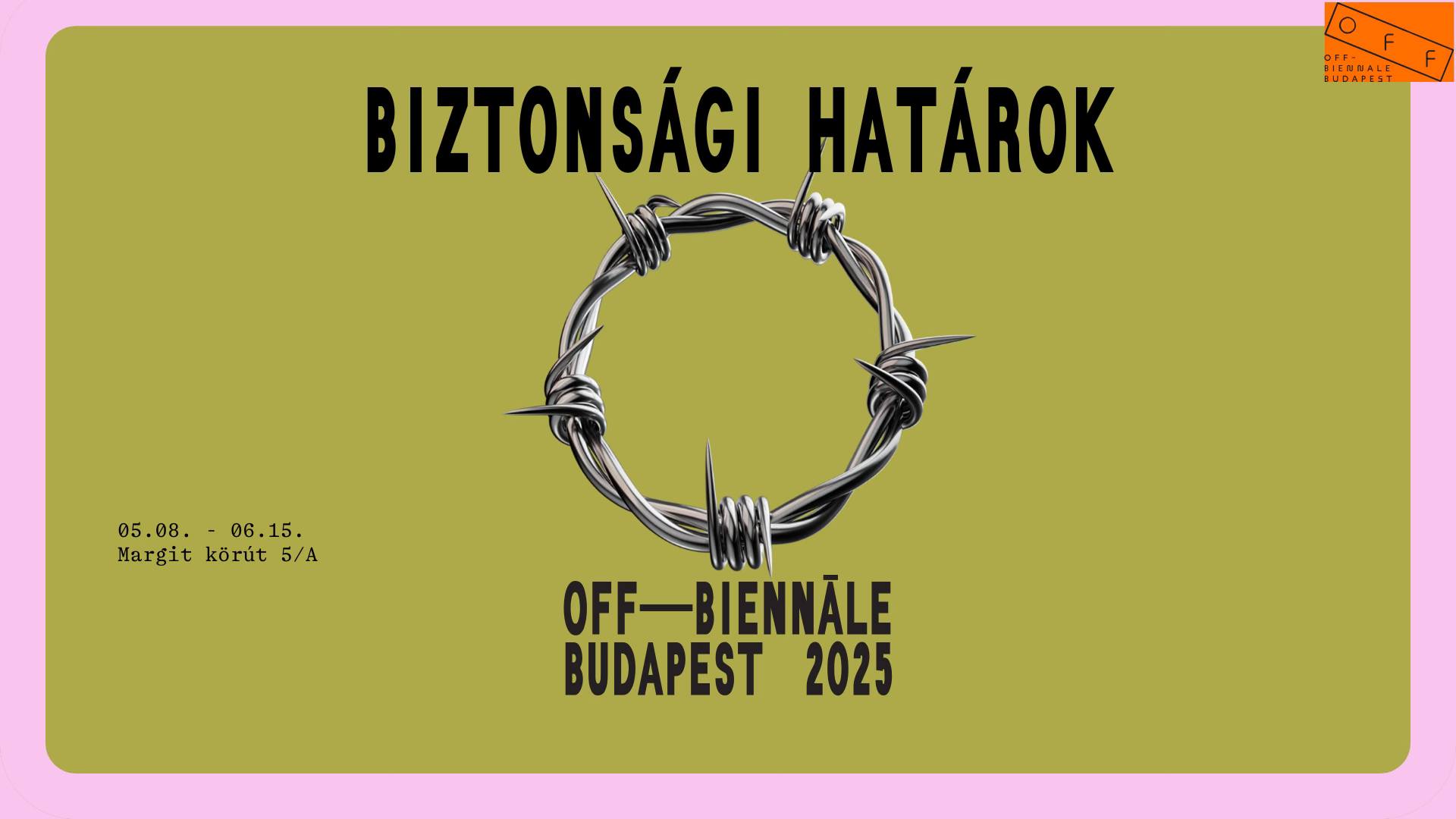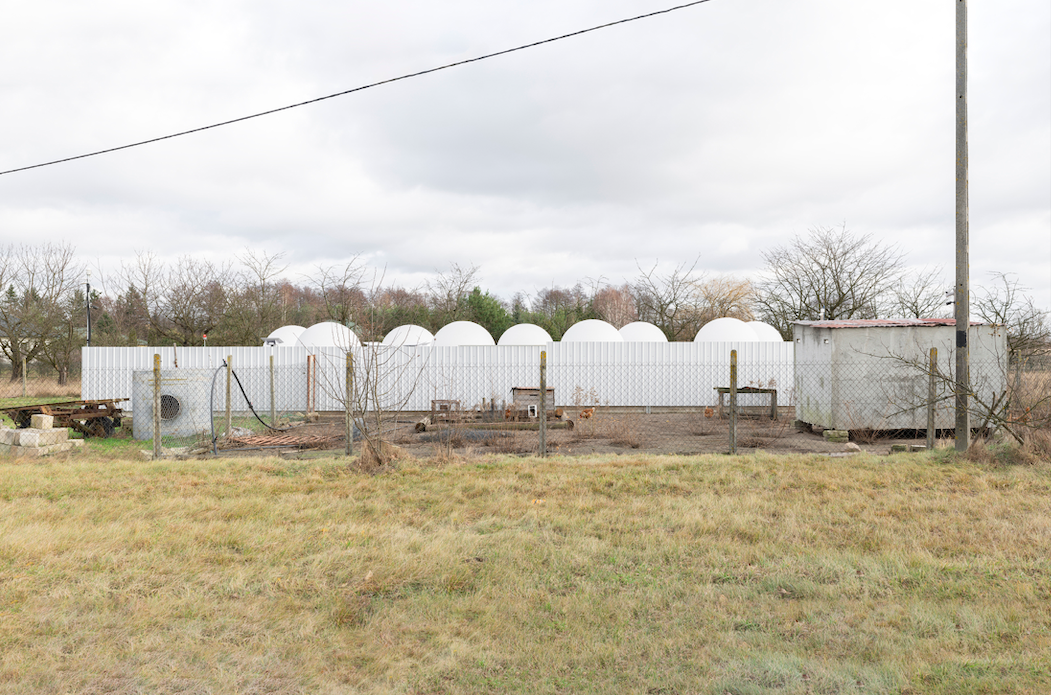OFF-Biennále Budapest started ten years ago as a grassroots initiative providing a platform for progressive, critical contemporary visual art. Since 2014, OFF-Biennale has been organizing regular art events in a biennale format, based on a broad collaboration of local stakeholders and international partners. Through its diverse activities, OFF-Biennále aims to strengthen the local independent art scene, and to contribute to public discourse on social, political and environmental issues, with the intention of promoting a culture of democracy through art. In a political climate not conducive to civil and cultural self-organization and activism, OFF-Biennále remained one of the few art NGOs in Budapest still actively working on creating and maintaining ground for free speech, reinforcing independence, and prefiguring a model for a transparent and autonomous art institution which gains resilience from its wide-ranging networks.
The 5th edition of OFF-Biennále will take place between May 8 – June 15 2025 in Budapest and later that year in several European cities (Vienna, Amsterdam, Limerick, Warsaw, tbc) in the frame of various partnerships. These partnerships are mutual: OFF-Biennále has invited international partner-organisations and curators to contribute to its 2025 edition based on its thematic framework and then it is to contribute to the programming of these partners. One of these collaborations is between Biennale Warszawa Foundation and OFF-Biennále.
The theme of the 5th edition of OFF-Biennále is security in the broadest sense. As the curators write in the text announcing the 5th edition of OFF-Biennale: ‘In a world of constant, rapid and chaotic change, ecological disasters, wars and relentless individualistic competition, most people are desperate for a sense of existential, financial and social security – the lure of freedom has faded. Accordingly, over the past two decades, the notion of security has become central to mainstream political rhetoric and public discourse. Populist political tendencies have long been built on a sense of insecurity and fear, generating apocalyptic narratives of looming threats and enemies from whom “us” must be protected. It is increasingly accepted that security is being used as a pretext to curtail civil and human rights, leading to the rise of autocracies. Looking behind these narratives, it seems that in many cases it is mostly about securing power and wealth in the face of ever-increasing local and global crises’.
An important element of the program of the 5th edition of OFF-Biennále will be the exhibition Granice bezpieczeństwa | Biztonsági határok | Security / Borders, prepared by the curatorial team of the Biennale Warszawa Foundation. It will relate closely to the event’s main theme, and take up the theme of security, present in the debate in the context of border and territory protection, public order and domestic politics, armed conflict and war, critical infrastructure and digital threats, energy and food production, protection of individuals and personal comfort, while extending it to analyze the relationship between security and technological development.
The security turn is linked to the intensification of various crisis phenomena, including geopolitical tensions and conflicts, symptoms of climate catastrophe, the uncontrolled development of computing technologies, the collapse of liberal democracy and the rise of authoritarianism. It has become particularly relevant in the Central and Eastern European region due to the outbreak of full-scale war in Ukraine, authoritarian political changes in Belarus, migration from Ukraine and Belarus to Poland. The confluence of these phenomena destabilizes the political sphere, the economy, social life, the environment, and creates fear and a sense of instability. This topic also has its political, ideological, propaganda dimension. Ensuring security – from war, terrorist attack, uncontrolled migration, lack of energy resources, inflation, virus, data theft – has become a political vehicle and propaganda slogan, exploited especially by extreme movements.
The security turn also has to do with the development of the computational technologies that improve and strengthen security systems with solutions such as cameras and sensors, facial recognition and digital activity monitoring systems, drones and satellites. Technology has also become a threat to democracy. It gives tools to control citizens and allows disinformation to spread. But technology – used as a research, documentary, investigative tool – also provides insight into the practices of modern government, facilitates analysis of violations of the law and authoritarian actions against citizens. When thinking and talking about security, it is important to remember (this is done by the artists, research and investigation groups participating in the exhibition) that it is not a “one-way street,” security for some usually means danger for others.
The exhibition Granice bezpieczeństwa | Biztonsági határok | Security / Borders will provide a starting point for a discussion of where the line between real danger and the exploitation of the atmosphere of danger for economic or political purposes. The title of the exhibition is ambiguous. It refers both to the security infrastructure and defines the boundary of acceptance of dominant media and political narratives. Believing that we do not have to live in a state of insecurity, the exhibition encourages us to stop being afraid and start designing a progressive future.
This project is co-financed by the Minister of Culture and National Heritage of the Republic of Poland from the Culture Promotion Fund.



